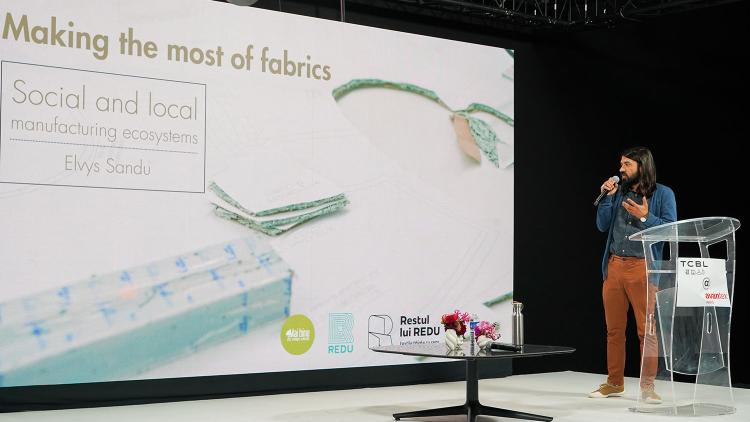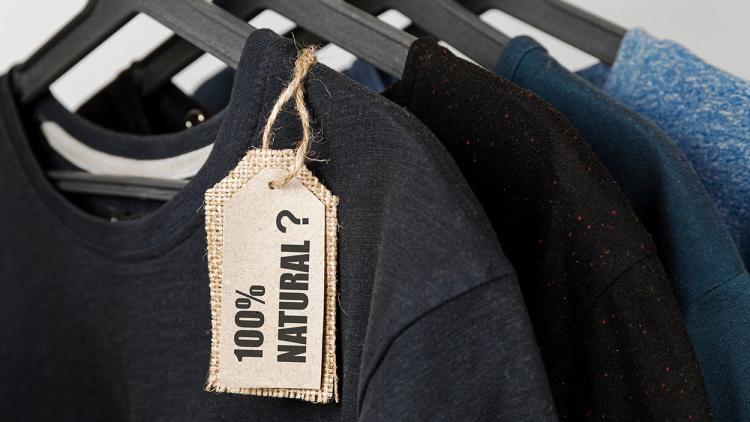1/ Prioritize cross-disciplinary “fertilization”
Often, departments within the same institution are isolated silos; creating opportunities for them to mix will open up faculty and students to new ideas.
Two positive examples: in the context of the Herewear project, UAL selected students from three different MA programs to interact with the themes and partners of the EU-funded project about biobased, local and circular production, while Erasmus University Rotterdam offers programmes that assemble students from different disciplines, faculties and universities to tackle fashion transitions.
2/ Professors should become mentors
Tweed jackets be gone! In successful international training programs like Fabricademy, students from diverse backgrounds receive encouragement from mentors in a collaborative relationship that seeks solutions together. Professors don’t always have the answers, but they can help ask the right questions and guide students to unforeseen and innovative solutions. Their role is to empower learners’ technical and soft skills to seek new innovative solutions in areas they have not explored yet.
3/ Involve the (right kind of) industry
Giving students contact with industry can be a good idea but to a limited extent: creativity and critical thinking are at stake! Students need this time and a safe(r) space to experiment and learn with limited pressure, a lot of freedom and competent support. On the other hand, the right companies can give students a perspective that helps bridge the gap between research and professional experience.
4/ Provide access to technology and materials
Formal education is an opportunity for students and researchers to access, explore and experiment with emerging techniques, equipment and materials that would be difficult to access elsewhere. How they use or hack these machines may surprise you! But after the diploma? Can educational institutions, perhaps in collaboration with industry or fablabs, help provide graduates with the technological means to continue their innovations?
5/ Show them the power of local
The power of local and small-scale is in the meaning, value and care brought through proximity to people, interaction, culture of respect, touch, materials and intimacy.
Students at TCBL Days 2023 presented experimental research projects that in some cases could be scaled up, but should they be? Large scale and big business isn’t always the goal; there is a relationship between small-scale and caring that ought to be further explored.
Did you miss the session at TCBL Days? You can watch the entire video below.




